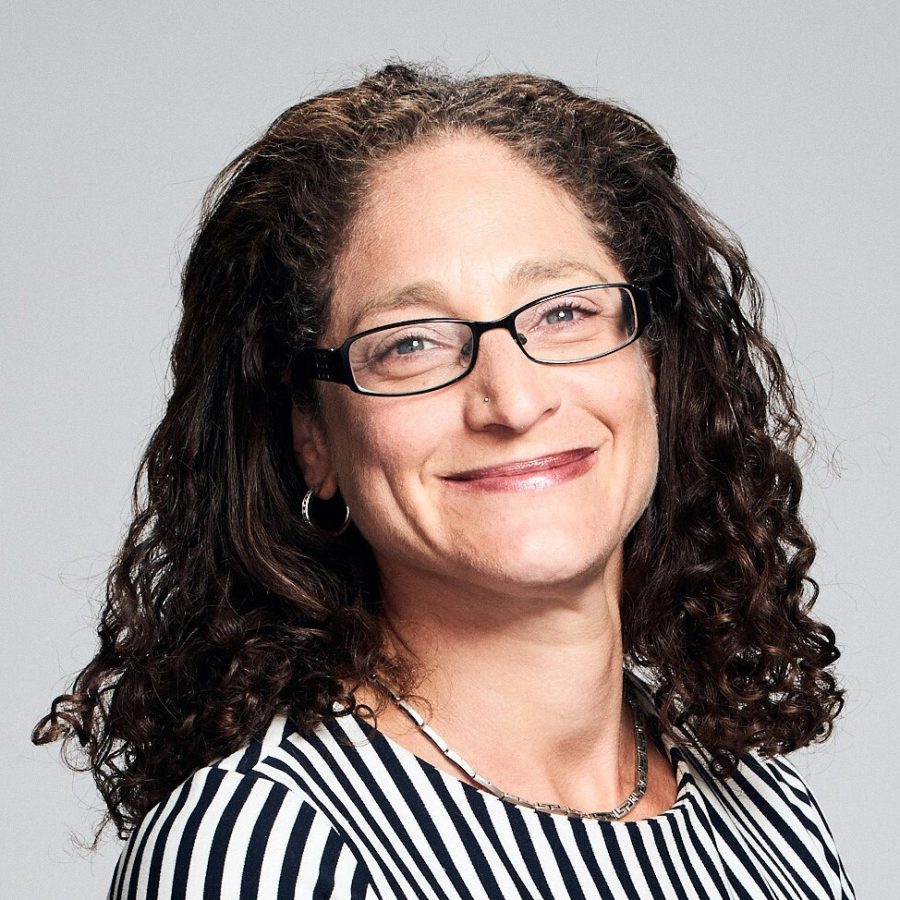Quick links
Format
Full-time, In-person
Credits
33 Credit Hours
Internship & Capstone
Included
Additional Opportunities
Certificates and Dual-degree Available
Innovative Design and Technology in Education Online
Peabody also offers an online version of Innovative Design and Technology in Education (IDeaTE). Please note that these are separate programs, with their own courses, schedules and admissions processes. Students currently enrolled in the residential program will not have their schedules or curriculum change. Please see our IDeaTE landing page for more details about the two programs.
Master’s in Innovative Design and Technology in Education at a Glance
- Full-time, in-person ed tech master’s degree for those who want to work at the intersection of learning, technology and innovation
- One-of-a-kind education design program focused on learning theory, design thinking and analysis
- Preparation for careers in ed tech, learning design and educational innovation across a range of settings
- Ranked among the best curriculum and instruction programs by U.S. News & World Report
What Is the M.Ed. in Innovative Design and Technology in Education?
Formerly the M.Ed. in Learning and Design, Peabody College’s M.Ed. in Innovative Design and Technology in Education (IDeaTE) integrates learning theory, human-centered design and analytic methods to prepare students to design, study, and improve technology-enhanced learning environments.
Innovative Design and Technology in Education Highlights
- 33-credit-hour program completed across four semesters
- Coursework in learning theory, design thinking and analytic process and resources
- Internship experience embedded in the curriculum
- Capstone project connected to real-world learning environments
- Certificate and dual-degree opportunities available
Request Information
Innovative Design and Technology in Education (IDeaTE) Overview
Innovative Design and Technology in Education (IDeaTE), formerly Learning and Design (M.Ed.), is a master of education degree program for students interested in learning how to create and study interactive learning environments leveraging learning theories, human-centered design, learning analytics, and learning technologies. The goals of the program are to gain knowledge and skills in:
- How people learn,
- How contexts and tools, like AI, analytics and other emerging technologies, influence learning, and,
- How to design learning environments and activities that are responsive to learners' and community partners' needs.
The program is centered around three main cores of education: learning, design, and analysis. The learning core focuses on theories of learning and their application and implications across different settings. The design core explores emerging learning technologies through a human centered design process. The analysis core focuses on systematic evaluation and program research efforts, including learning analytics that focus on program development and an iterative design process.
Pioneering Technology and AI in Education to Design Innovative Learning Environments
Innovative Design and Technology in Education Curriculum
-
Learning Core
Focuses on learning theories, their application and implications across different settings
-
Design Core
Explores emerging learning technologies through a human-centered design process
-
Analysis Core
Focuses on systematic evaluation and program research efforts, including learning analytics that focus on program development and an iterative design process
-
#5
Best Curriculum and Instruction Program, U.S. News & World Report 2025
The IDeaTE M.Ed. program is an immersive four semester program that includes 33 credit hours with an internship and capstone project. Coursework is directly connected to learning theory, design thinking, and analytic process and resources.
All students enrolled in the program take courses that count toward a certificate in Learning Analytics or Emerging Learning Technologies and AI. Students who wish to can fill their two elective course spaces with the remaining course requirements for those certificates to be awarded upon successful completion of the program.
In addition to the coursework, students complete an internship experience and a capstone project. The capstone project takes place largely in the internship site and is guided by faculty mentorship from the director.
For current and prospective Vanderbilt Medical School Students, IDeaTE is an approved MD/MEd Dual Degree! Visit the medical school website to learn more.
Technology and Innovation in Education Coursework
Education Design and Technology in Career Outcomes
Graduates of the IDeaTE M.Ed. are prepared for careers in educational technology, learning design and education innovation across a wide range of settings. Alumni work in schools, museums, libraries, nonprofits, ed tech companies, corporate learning and development teams and research organizations, or continue their studies in doctoral programs.
Whether your goals are to advance your career as an instructional designer, technology specialist, curriculum developer, corporate learning specialist, or to pursue a PhD, we are so excited about what this program has to offer to support your learning through innovative and engaging online modules, a capstone design project based on real world experience, and the opportunity to earn micro-certificates. This is a one of a kind degree.
How to Apply to the IDeaTE Program
Program Director: Andrew Hostetler
Admissions Coordinator: Shawn Blomker
Admission Term: Fall
Credit Hours: 33
Key Application Dates
-
Priority Decision 1
January 3*
-
Priority Decision 2
February 3
-
Rolling Decision
After February 3
*For more information on application dates and requirements, and the benefits of Priority Decision, see the How to Apply page.
Innovative Design and Technology in Education Frequently Asked Questions
Funding and Scholarships
A professional degree from Vanderbilt Peabody College of education and human development can take your career to the next level. Yet, we know that the cost of higher education might feel like a barrier.
All applicants are automatically considered for merit-based aid during the admissions application review. No additional application is necessary. Students in the IDeaTE program may also qualify for our Nashville Metropolitan Area K-12 Public School Scholarship.

